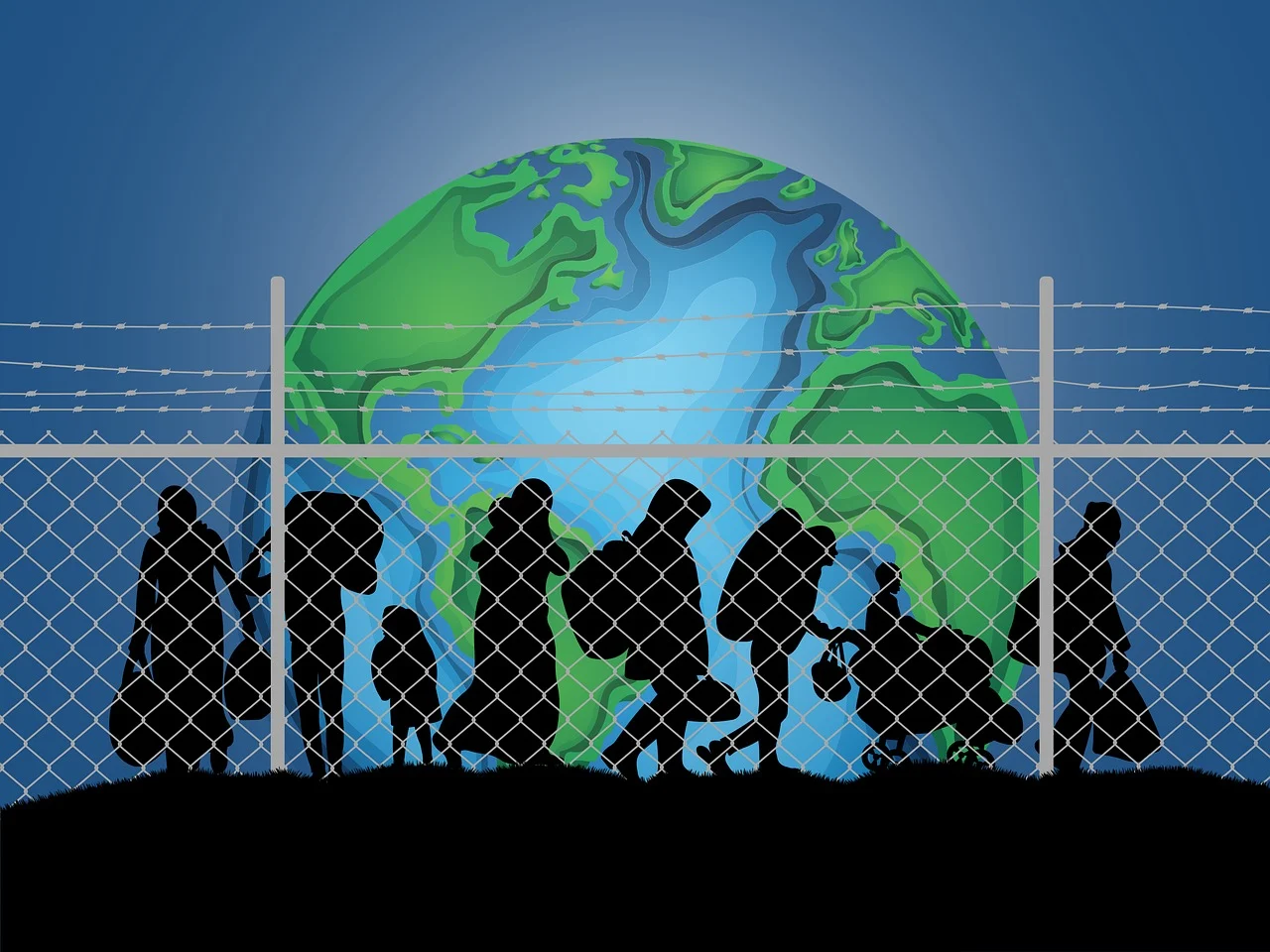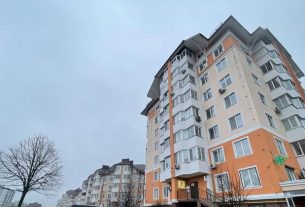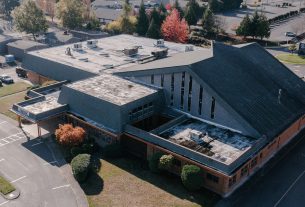Tom Homan, who has been appointed as President-elect Donald Trump’s “border czar”, announced on Monday that his administration will significantly ramp up workplace immigration raids as part of a broader effort to tackle illegal immigration. In an interview on Fox & Friends, Homan, who previously served as director of Immigration and Customs Enforcement (ICE), outlined the administration’s plans to conduct workplace raids aimed at uncovering labor and sex trafficking activities.
Homan argued that worksites are a common place to find victims of forced labor and sex trafficking, suggesting that targeting these locations would not only address illegal immigration but also combat human trafficking. “Where do we find most victims of sex trafficking and forced labor trafficking? At worksites,” Homan stated, adding that this approach would address “both illegal immigration and the exploitation of vulnerable workers.”
Concerns Over the Approach
However, many immigration advocates have expressed concerns over the effectiveness of this strategy in combating trafficking and protecting vulnerable individuals. Heidi Altman, the director of federal advocacy at the National Immigration Law Center (NILC), criticized the proposed workplace raids, arguing that Homan’s rhetoric conflates traffickers with the people being trafficked. She warned that such raids could harm the very individuals they aim to protect by instilling fear in workers and pushing them further into the shadows, making it harder for authorities and advocates to identify and assist victims.
“Tom Homan is skilled at using public safety rhetoric to justify vicious tactics that tear families apart,” Altman added. This criticism highlights the broader concern that heavy-handed immigration enforcement can disproportionately affect vulnerable immigrant communities, particularly those already living in the U.S. without legal status.
Broader Implications: The Complexities of Immigration Status
One of the central debates surrounding Homan’s proposed policies is the impact on families and the role of long-term undocumented immigrants in the current debate over immigration. Critics argue that the number of undocumented immigrants in the U.S. cannot be understood solely through the lens of recent arrivals; a significant portion of the undocumented population consists of individuals who have been in the U.S. for many years or even decades. Many of these individuals are older generations who came to the U.S. under circumstances where legal immigration was complicated or inaccessible due to financial barriers, lack of awareness, or bureaucratic hurdles.
In particular, older generations of undocumented immigrants, including many mixed-status families, face particular challenges. They may have entered the U.S. before the modern immigration system became more restrictive or were caught in legal limbo due to delays or complications in the immigration process. These individuals are often deeply integrated into their communities and have family members, including U.S. citizens, who depend on them.
For many of these families, mass deportations or workplace raids do not only affect the individual detained but also disrupt entire households, creating long-term social and economic consequences. While the administration’s crackdown aims to deter illegal immigration, advocates argue that it fails to consider the complexity of immigrant experiences and the human costs of such policies.
Legal Immigration Challenges: The Overlooked Reality
One significant aspect of the immigration debate is the barrier to legal immigration for many would-be immigrants. Monetary issues, such as the high cost of legal fees or lack of access to legal counsel, as well as complexities within the U.S. immigration system, can prevent individuals from obtaining or maintaining legal status. The process can be cumbersome and prohibitively expensive, especially for low-income immigrants.
Additionally, many individuals who fall into undocumented status have done so not because they ignored immigration laws, but because of systemic barriers—such as the long waiting times for visa processing, limited family reunification options, or difficulties securing work permits. As such, many older immigrants remain undocumented due to circumstances beyond their control, and policies that focus solely on enforcement without offering pathways to legalization or reform may end up penalizing people who are otherwise contributing to society.
The Need for Comprehensive Immigration Reform
Immigration experts agree that tackling illegal immigration and human trafficking requires a more holistic approach—one that includes comprehensive immigration reform, increased support for victim identification, and a greater focus on labor rights protections for all workers, regardless of their immigration status. The current focus on enforcement-based measures, like workplace raids, may miss the mark by criminalizing vulnerable individuals rather than addressing the systemic issues that contribute to their exploitation.
A more effective solution would involve streamlining the immigration process, providing greater support for those who wish to obtain legal status, and addressing the root causes of human trafficking without creating an atmosphere of fear among immigrant communities. Advocates stress that by providing legal pathways to work and citizenship, the U.S. could better protect workers from exploitation and ensure that trafficking victims are not penalized for their status.



